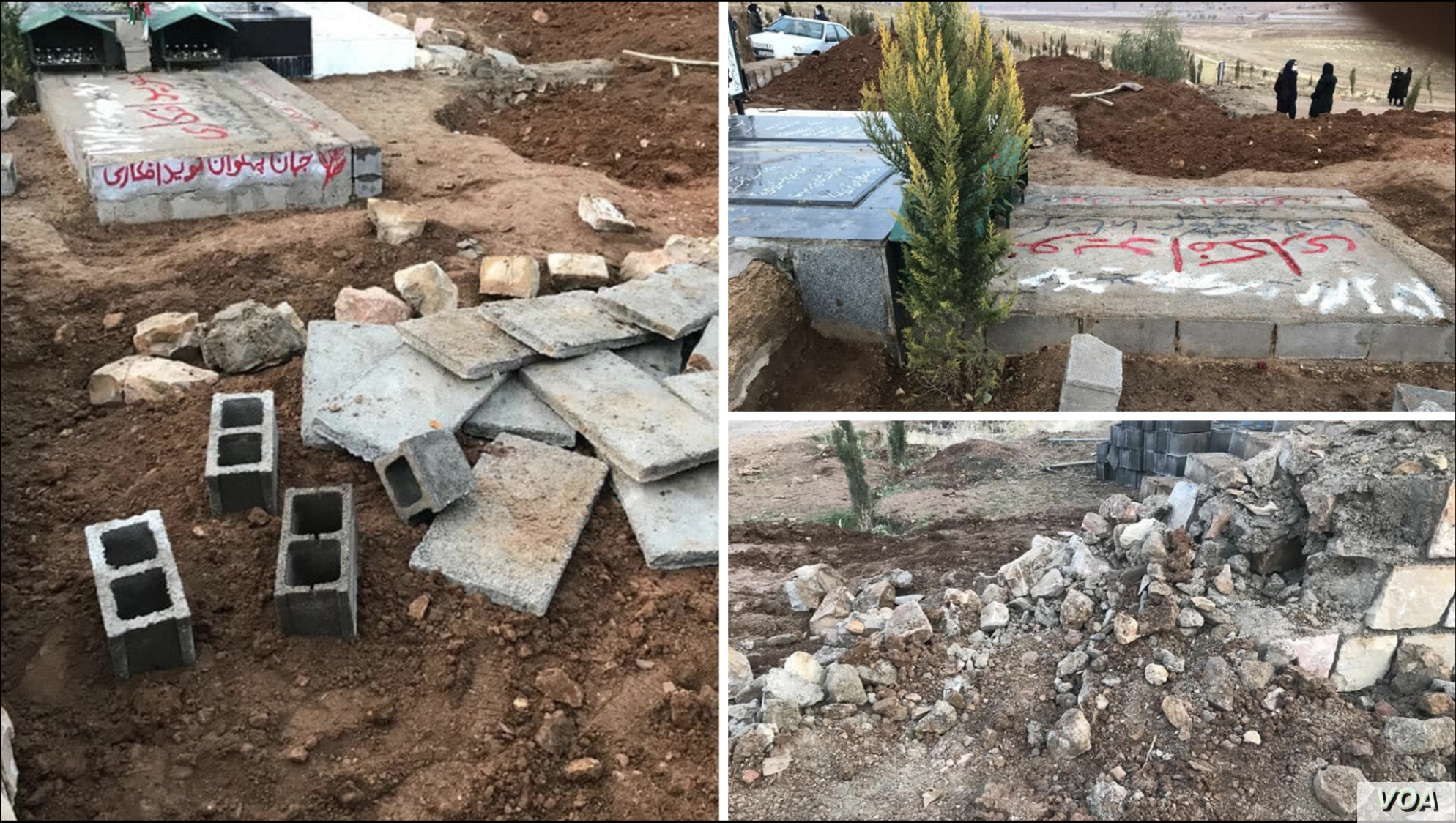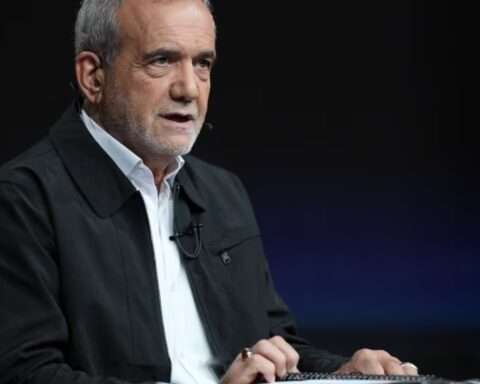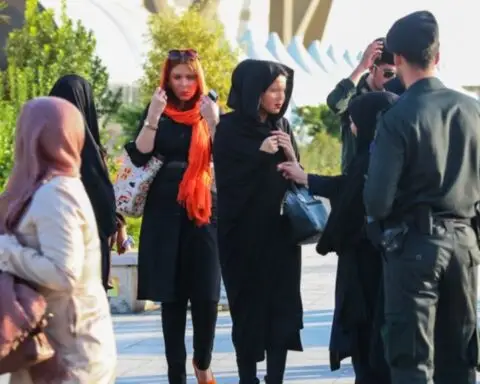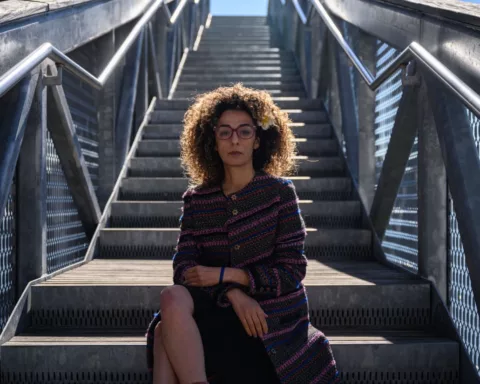WASHINGTON – In a Friday interview with VOA Persian from Iran, the source close to the family of executed wrestler Navid Afkari said authorities in Sangar village in the southwestern province of Fars used heavy equipment to destroy two walls around Akfari’s gravesite the day before.
The source said the desecration of the gravesite occurred after Afkari’s father, Hossein, brother, Hamid, another relative, and a laborer had gone to Sangar’s cemetery earlier Thursday to do preparation work for laying a tombstone for the wrestler, who was executed at a prison in the provincial capital, Shiraz, on Sept. 12.
While the three family members and laborer were at Afkari’s grave, at least 30 police and plainclothes officers arrested them and detained them for several hours at the intelligence office of Ardakan County before releasing them, the source said.
“The family members were told that they have no right to do construction work at the gravesite without a permit,” the source added.
An Instagram account attributed to Afkari’s sister Elham posted a photo on Thursday, appearing to show the scene at the gravesite following the demolition work by the authorities.
The message posted alongside the photo said: “You can threaten, destroy, or arrest, [but] what are you going to do about Navid’s name and memory [living on] in people’s hearts?”
Iranian state news agency IRNA published a Friday article confirming that authorities demolished the walls at Afkari’s gravesite.
The U.S. State Department’s Farsi Twitter account denounced Iran’s action in a Twitter post.
“The [Iranian] regime tried to silence Navid Afkari by executing him. Now they are trying to make the world forget him by desecrating his tomb. They are unable to understand that the memory and inspiration of Navid is etched into the hearts and minds of freedom-loving Iranians around the world,” the State Department wrote.
The 27-year-old Iranian Greco-Roman wrestler had been a local hero in his hometown of Shiraz for winning medals in domestic and international competitions. However, his international profile rose in September when news emerged that Iran upheld a death sentence against him for a murder confession that he said he was tortured into making.
A Fars criminal court had handed Afkari the death penalty for murder in the Aug. 2, 2018, killing of Hassan Torkaman, a security guard of a government water facility in Shiraz. The incident happened on the sidelines of peaceful anti-government protests that Afkari had joined in Shiraz and that were taking place in other cities in response to Iran’s worsening economic conditions.
Authorities in Shiraz arrested the wrestler and his brother Vahid in connection with the killing on Sept. 17, 2018, and detained a third brother, Habib, later that year. Vahid and Habib were later sentenced to decades in prison for their alleged roles in the incident. In separate audio messages recorded in prison and posted to social media in August this year, though, Navid and Vahid said they and Habib had been tortured into confessing involvement in the 2018 killing.
Since Afkari’s September execution, which drew condemnations from the U.S., international human rights groups and sporting bodies, Iranian authorities have kept his two jailed brothers in solitary confinement and escalated harassment of other relatives, according to VOA’s source.
“The Iranian regime is using Vahid and Habib as hostages,” the source said. “Authorities previously told the Afkari family that the brothers would be moved out of solitary confinement and into the main wards of Shiraz’s Adel Abad prison only if the family met certain conditions.”
The source said those conditions included agreeing to the installation of a tombstone with a government-approved inscription at Afkari’s gravesite and giving interviews to state media to condemn foreign officials and commentators who expressed support for the wrestler and his jailed brothers.
Afkari’s family members rejected those conditions, prompting authorities to make numerous threats against them, the source said. “Officials have warned that Vahid and Habib could be killed in prison and other family members would face regular detentions,” the source added.
Iranian authorities have allowed family members to visit the two jailed brothers several times in recent months, the source said.
VOA cannot independently verify the circumstances of the detention of Vahid and Habib Afkari or the interactions of authorities with their family members, as it is barred from reporting in Iran.
“Despite all of the pressures, Vahid and Habib are strong and inspire their family members during every visit,” the source said.






